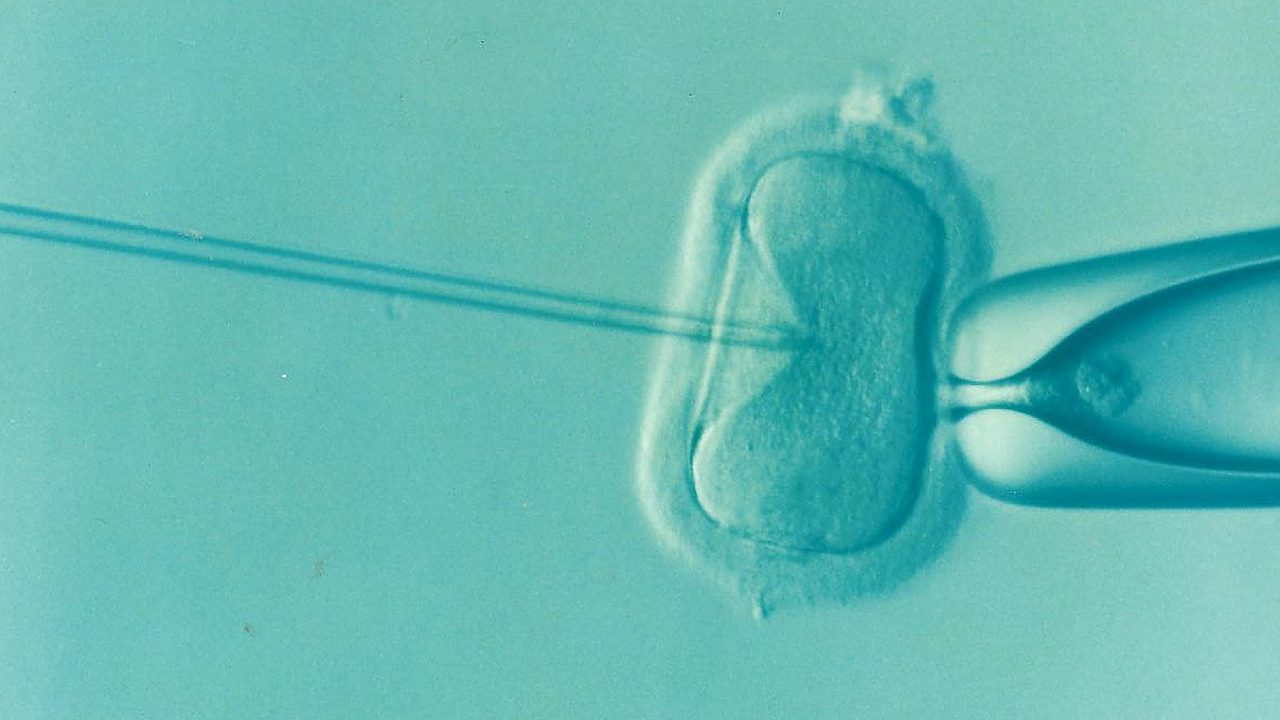Aggregated News

Image by DrKontogianniIVF from Wikimedia Commons
Despite major advances in securing sexual and reproductive rights globally, one aspect is continually neglected: infertility. Evolving gender norms and financial precariousness have led to delayed childbearing, which increases infertility in both males and females. An estimated one in six people are affected. However, there is insufficient awareness about fertility decline, the risk factors, and viable treatments for infertility. Assisted reproductive technologies (ARTs), particularly in-vitro fertilisation (IVF), help many. Almost 50 years after the birth of the first baby conceived by IVF was reported in The Lancet, this method is used in 9% of births in some high-income countries. Such advances have enabled millions to have children. However, the fertility sector has now spawned an entire industry that risks exacerbating rather than alleviating the psychological toll of infertility and does little to help reduce inequities in access to quality care.
Medical advances have helped increase the effectiveness of IVF. In women aged 35–37 years in the UK, the livebirth rate per embryo transferred increased from 6% in 1991 to 25% in 2019...



